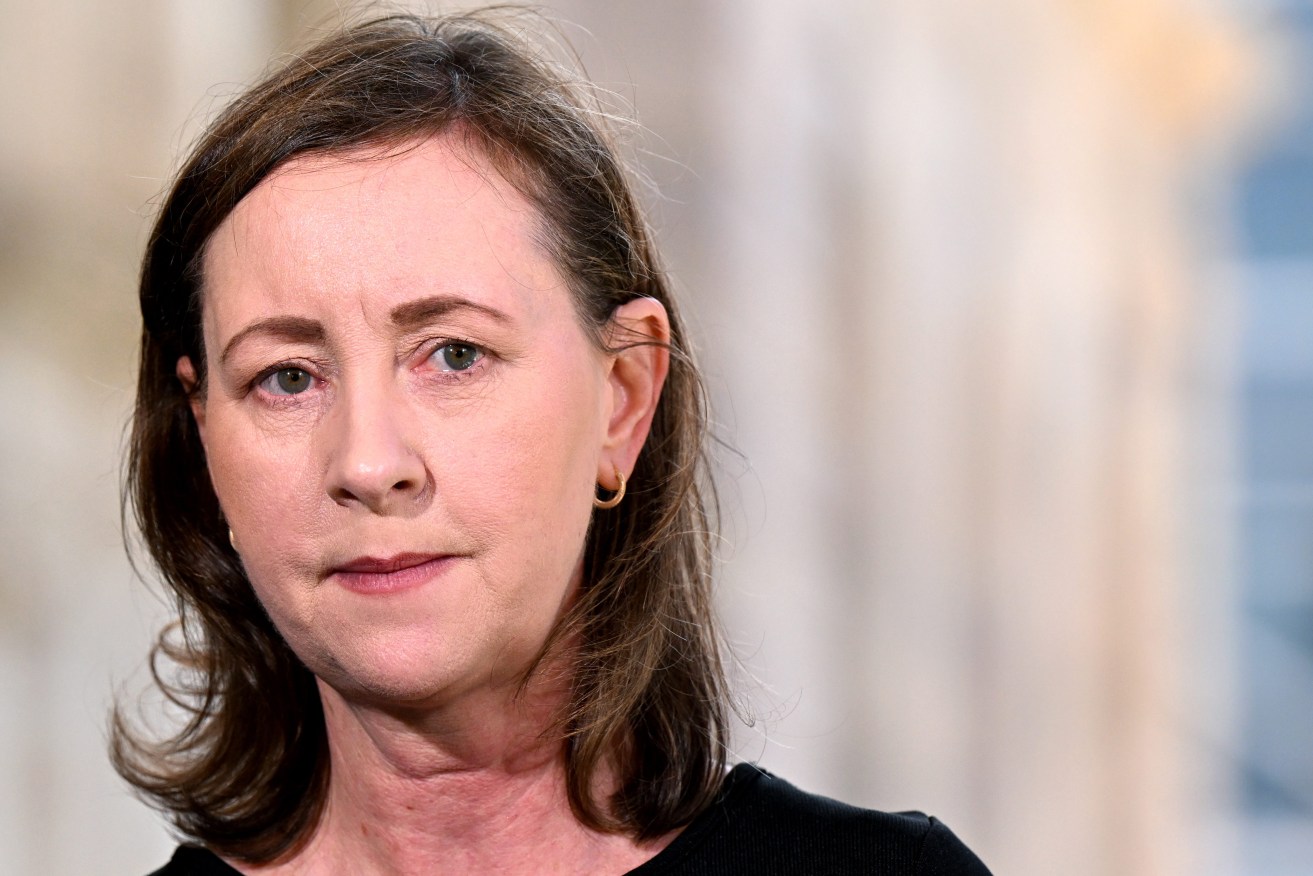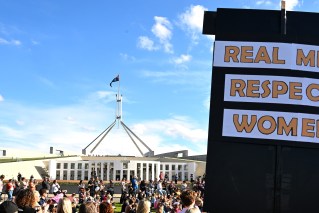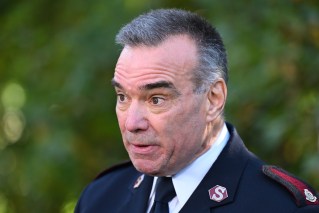Accused rapists to be publicly named under law changes
Accused rapists will be stripped of the protection of anonymity in Queensland as the government aims to remove “outdated and false” assumptions around sexual assault complaints “that have no place in our society”.

Queensland Attorney-General Yvette D'Ath (AAP Image/Darren England)
Attorney-General Yvette D’Ath has moved to scupper the state’s longstanding restriction on naming people charged with serious sexual offences in legislative amendments introduced to state parliament.
Under existing law, the identification of an adult defendant charged with a sexual offence is prohibited before the finalisation of committal proceedings.
The change bringing Queensland into line with all other Australian jurisdictions except the Northern Territory was a key recommendation of the landmark Women’s and Safety Task Force.
It found there was no justification to treat defendants charged with sexual offences differently from any other criminal offence.
“The previous protections for accused rapists were based in part on the false assumption that women maliciously make up complaints to damage reputations,” D’Ath told parliament on Thursday.
“These rape myths have absolutely no place in our society and our laws need to reflect this.”
“These amendments ensure that the criminal justice system does not continue to perpetuate this outdated rape myth and will ensure that complainants of prescribed sexual offences are treated with the same dignity as all other offences.”
The amendment will apply from the date the laws are adopted, irrespective of when a person was charged.
“That approach provides to the greatest clarity and it’s most consistent with the underlying policy intent of the amendments to promote open justice and consistency with other offences,” D’Ath said.
Other amendments include greater recognition of deaths of unborn children as a result of criminal conduct.
The change is dubbed “Sophie’s Law” for the unborn child of Sarah and Peter Milosevic who was killed in a car accident involving a drunk driver in 2014.
D’Ath said it would allow the name or description of an unborn child to be stated in relevant indictments and required courts to treat ending an unborn child’s life as an aggravating factor in sentencing for serious offences such as murder, manslaughter, grievous bodily harm and dangerous operation of a vehicle.
“The bill will expand the definition of victim to include family members of the unborn child, allowing family members including siblings to share their trauma at the loss of an unborn child due to criminal conduct in witness statements before the court,” D’Ath said.
“The amendments in the bill strike the right balance, recognising and implementing changes that better acknowledge the death of an unborn child as a result of criminal conduct without abrogating the born alive rule or conflicting with the rights of the pregnant woman.”
1800 RESPECT (1800 737 732)
National Sexual Abuse and Redress Support Service 1800 211 028












